Opinion: Why you need to stay home
The pandemic from the perspective of an ER physician’s family
Dr. Chris Carpenter, pictured center, along with his children Cameron Carpenter, Class of 2018, and senior Kayla Carpenter, works as an Emergency Room Physician in St. Louis.
“Social distance,” “flatten the curve,” “self-quarantine.” For the past three weeks, these phrases have become ingrained in everyone’s minds. Since the presidential address to the nation on March 18 ordering the allocation of medical resources toward the fight against COVID-19, everything seems to have changed. Schools have closed, sports have halted and the world seems to have come to a standstill.
We’ve all been told repeatedly about what we can do to help and possibly save lives during this pandemic. Stay home. Social distance. Don’t hang out with friends.
In fact, communities around the world have issued stay at home orders including St. Louis on March 23 and Missouri on April 6, which orders people to only leave their homes for essential activities.
But in cities and states around the country, people have ignored those orders, and St. Louis is no exception. Multitudes of people are leaving their homes for nonessential activities, spending time with friends and posting their activities on social media.
Many of those people are young adults who aren’t worried about contracting COVID-19 themselves, but like the Centers for Disease Control and Prevention (CDC) has told us repeatedly, those populations greatly risk spreading the disease to more vulnerable populations where it is more deadly.
Obviously that concerns me because, like most people, I have friends and family who are a part of that vulnerable population. Though what worries me most is my dad.
My dad is an Emergency Room Physician at Barnes Jewish Hospital and Missouri Baptist Medical Center in St. Louis. He is quite literally at the front lines of this outbreak, and it’s terrifying.
I have a newfound respect for police officers, firefighters and their families. They’re always bravely risking their well being while working. Now due to COVID-19, my dad is, too, and my family and I are not used to it.
When my dad comes home from his 8-10 hour shifts, I can see exactly where he wore his single pair of mask and goggles-the same pair he’s been wearing for weeks, from the imprints on his face. No matter the insane hours he works, my mom doesn’t even sleep until he’s home. She radiates stress, but it’s justified.
My dad brings multiple changes of clothes, so he doesn’t wear his scrubs anywhere but the Emergency Department (ED). But when he gets home, my mom immediately throws everything into the washing machine and disinfects everything from his cell phone to his bag. This process has become normal over the past few weeks, and it’s so weird.
We’ll watch the national nightly news and see a doctor from a hard hit area like New York talking about their devastating experiences, and my dad will say he knows and works with that doctor. Or even worse, the news will talk about a doctor who contracted the virus and passed away from complications, and my dad will say he knows and works with that doctor, too.
My dad talks about how the EDs in St. Louis and around the world are so busy at times that he and his coworkers have so struggle with the pain of having their patients die alone.
He talks about the guilt of his coworkers having to care for COVID-19 patients instead of doing that job himself.
He also talks about how he and his coworkers have had to intubate increasing numbers of people. They have to spend large amounts of time in massively contaminated rooms with the virus being emitted all over them. The only protection they have is a single mask and pair of goggles they get to wear for an entire shift.
But while attempting to save lives, I know a primary concern that he and his workers share is not so much being infected themselves, it is possibly infecting their families.
Some of his coworkers have taken action by living in separate buildings from their families. One is even currently living in a trailer in their driveway in order to protect their family.

Dr. Chris Carpenter wears his personal protective equipment before a shift in the Emergency Department in the midst of the coronavirus pandemic. Dr. Carpenter has been wearing the same mask and goggles for several weeks.
My family is no exception: we have a plan. Our family discussions have turned from what we’ll do if he gets sick to what we’ll do when he gets sick.
I don’t know when I give my dad a hug before he goes to work if it will be the last time I’ll be able to give him a hug for at least two weeks because if he gets infected, we’ve prepared for him to be isolated in our basement. It’s a scary reality.
Everyone can help though. Staying home and social distancing helps. It won’t eliminate COVID-19, but it will eliminate community spread. It will protect vulnerable populations. It will help doctors and nurses on the front lines of this fight like my dad by allowing them to handle the number of coronavirus cases they get and save lives.
So please stop hanging out with your friends. Please stop thinking the rules don’t apply to you. Please stop thinking you’re the exception. You’re not being cool and rebellious by ignoring stay at home orders—you’re being irresponsible and disrespectful.
I understand. It’s tough. It’s my senior year, too. I’d rather be spending time with my friends, getting ready for all the fun senior activities we’ve been looking forward to for our entire school careers. Heck, I’d rather be preparing for full length AP exams with my classes. But for me, protecting others, protecting doctors and nurses, protecting my dad is more important.
There are so many unknowns right now. Despite what some may say, no one knows how long this will last. No one knows what’s going to happen. No one knows when things will go back to normal.
But we do know that if you social distance, if you stay home, if you just make some sacrifices and don’t hang out with your friends, it’ll be sooner rather than later, and you’ll save some people some pain and stress—including my family.
Your donation will allow our student journalists to continue their work. You may become a PATRON by making a donation at one of these levels: White/$30, Black/$50, Gold/$100. Patron names will be published on the website and once per quarter on our social media accounts.

Kayla Carpenter is a senior, and this is her third year on staff. She is a member of the girls basketball team, National Honor Society, Lancers Helping Lancers and Key Club. In her free time, she enjoys petting dogs and reading. After high school, she plans to study pre-med and go to medical school....




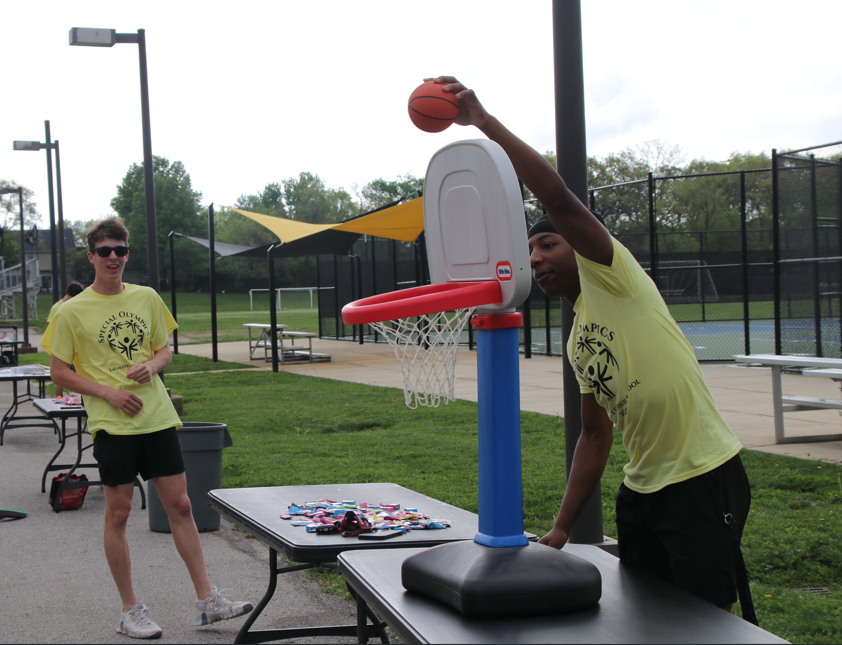
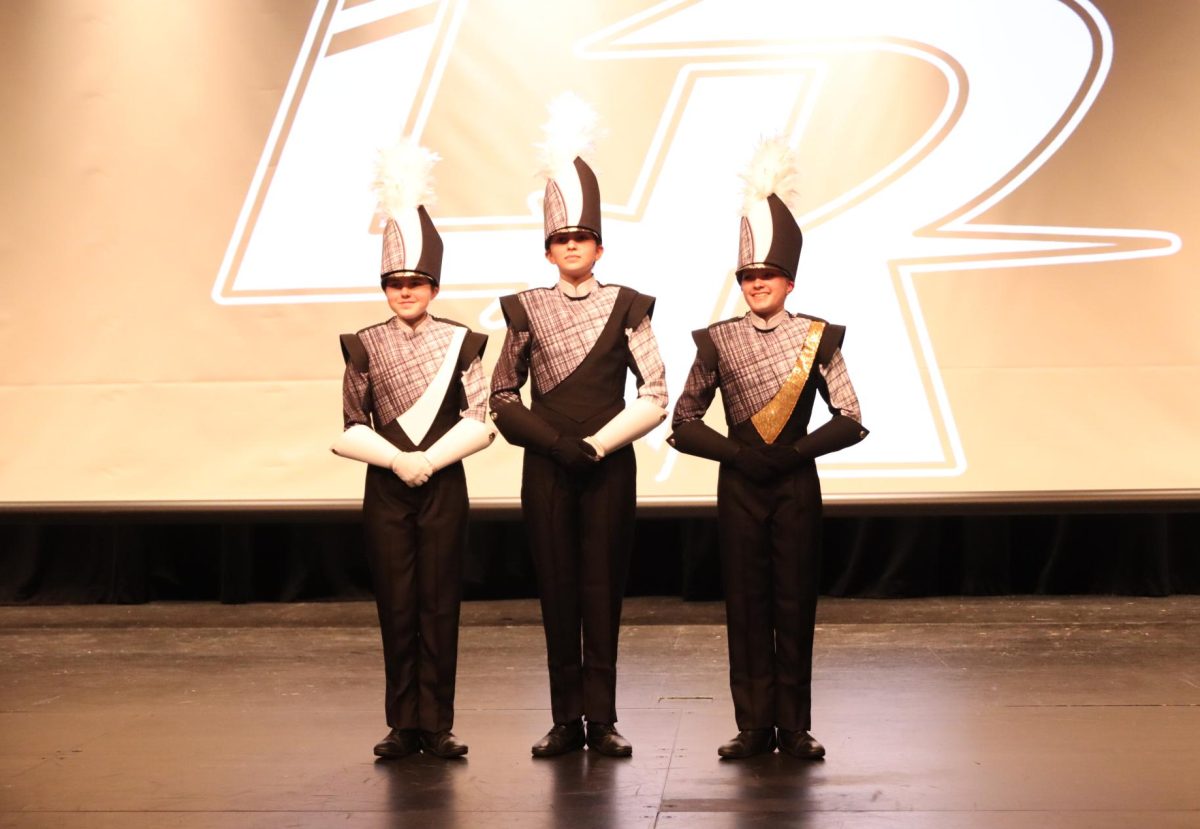

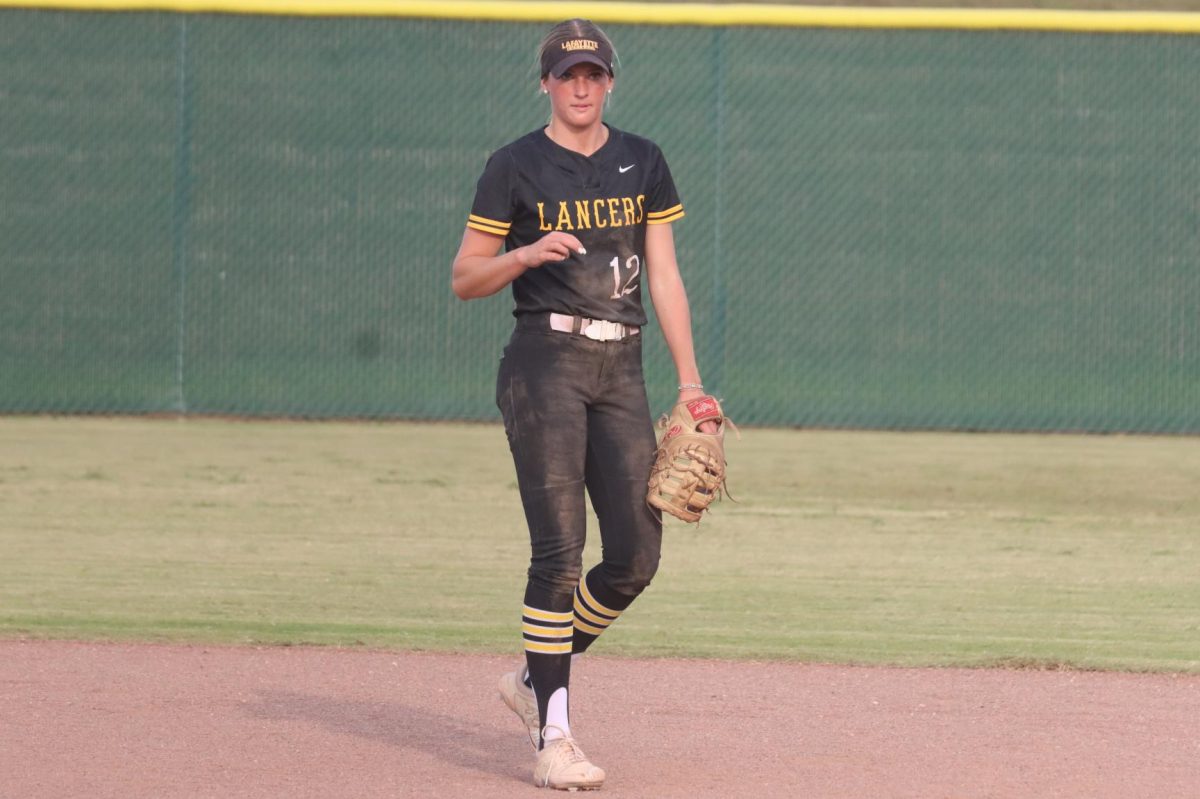

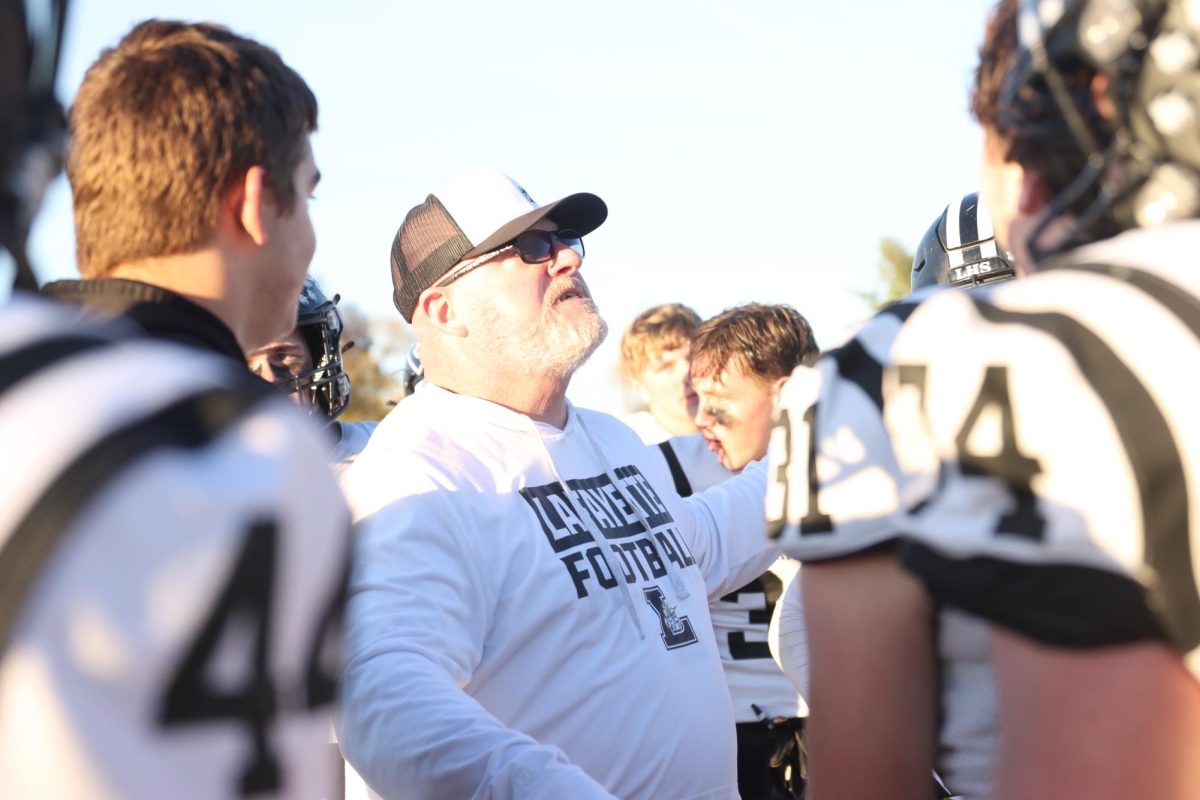
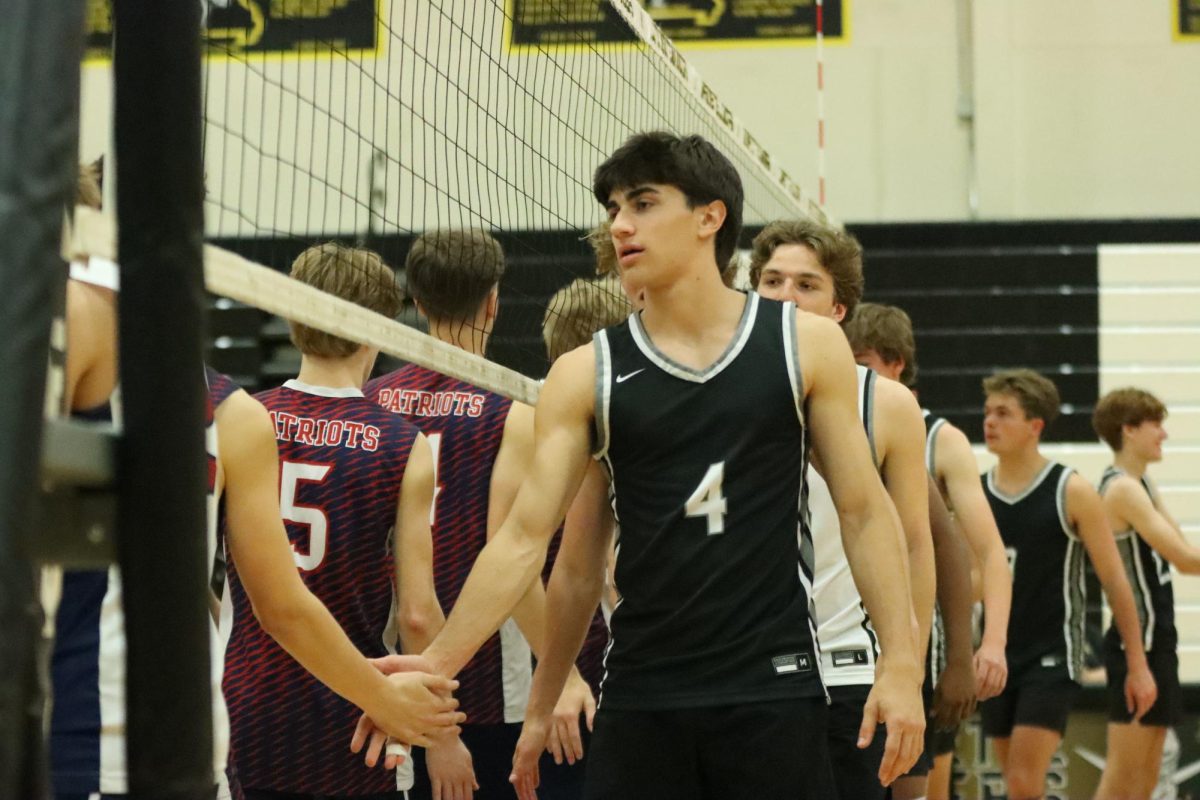









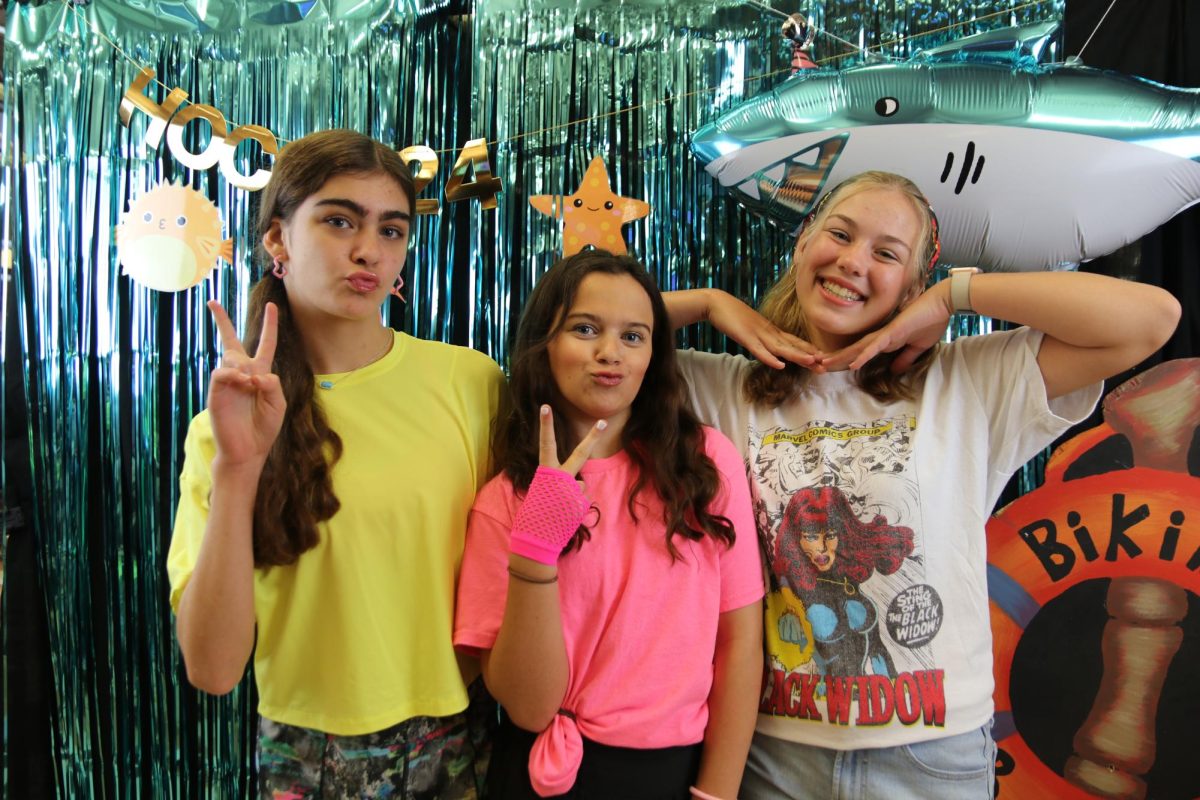
















Anna Matusiak • Apr 14, 2020 at 3:44 pm
This article gives me the chills. I too am very afraid of what is going to happen in the future and how it will affect everyone in my family and community. My father has kidney autoimmune disease and thanks to my mother he has a new kidney. But this means that they are both at risk. I am very grateful that your father is still facing the disease and continues to fight with all the doctors and nurses around the world. I also am a teenager, who like you sees our peers ignore the CDC’s orders to stay home and continue to go about their daily lives. I also feel that many teens see these posts and are unable to say something to these people. Whether that be out of fear of being called names or looking like an attention seeker. I hope many more students see this article and call attention to the invincibility mindset of a lot of teens and the risks the heroes of the front lines face every day.
Jill Paine • Apr 13, 2020 at 1:36 pm
Excellent article. I have a compromise immune system and am on dialysis. I only go out for my treatments and have not seen any other family member for 6 weeks and yes I do miss them but hope to see them again when this is all over. God bless all those on the front lines.